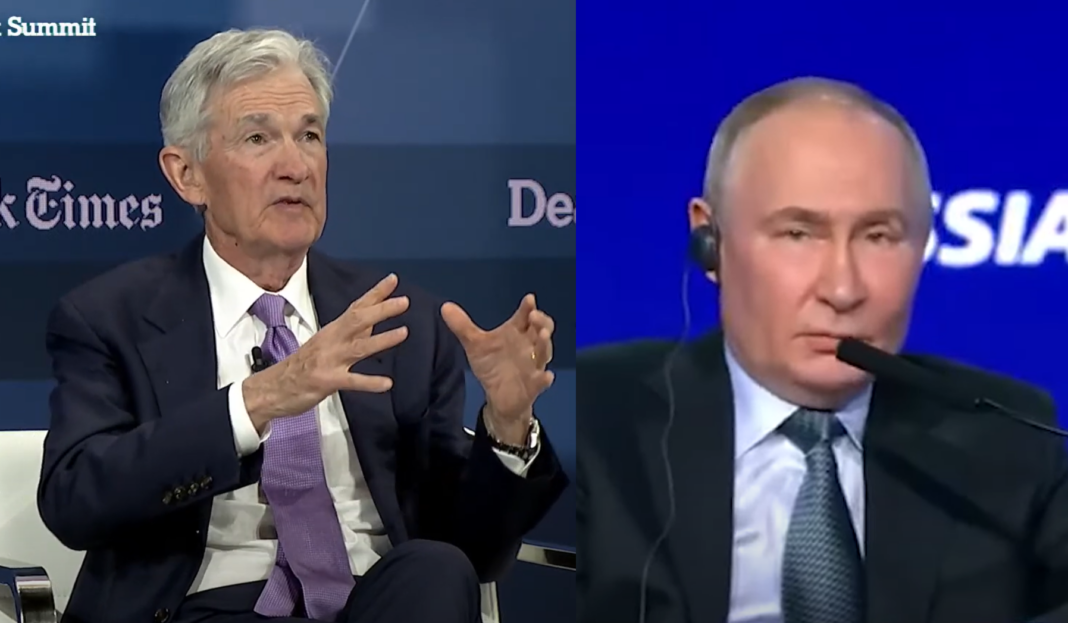Calls for South Korean President Yoon Suk-yeol to resign are mounting, two days after he imposed martial law only to be forced into reversing that decision by the country’s parliament.
At the same time, Yoon faces an impeachment motion in parliament from opposition legislators. The impeachment vote is expected on Friday or Saturday.
We break down how Yoon could get impeached, and who could take over in his place if he quits – or is forced out of office.
Why did Yoon impose martial law?
In an unscheduled television address late on Tuesday, Yoon declared martial law in South Korea.
He accused the main opposition Democratic Party of sympathising with North Korea and of antistate activities. He expressed the need to “protect the country from North Korean communists and eliminate antistate elements”, but did not give any evidence to back his allegations against the opposition.
Yoon’s defence minister, who has since quit, has confirmed that troops were then ordered to blockade the National Assembly building close to midnight. However, South Korean parliamentarians pushed past security forces to enter the parliament building. The 190 legislators who were present – of a total of 300 – unanimously voted to lift martial law. This led Yoon to back down.
The next day, six opposition parties, including the Democratic Party, filed an impeachment motion against Yoon.
How do impeachments work in South Korea?
Under South Korea’s constitution, two-thirds of the National Assembly members have to vote to impeach a sitting president.
Six out of nine judges of the Constitutional Court need to vote to uphold the impeachment and unseat Yoon.
Even if the court votes against the impeachment, the opposition parties can repeat the process.
Will Yoon Suk-yeol be impeached?
The opposition parties, including the Democratic Party, have a combined 192 seats. They would need the support of at least eight members of Yoon’s conservative People Power Party to pass the impeachment motion.
If the motion passes, Yoon will be temporarily stripped of his presidential authority until the Constitutional Court considers his fate.
The Yonhap News Agency reported that voting on the motion is likely on December 6 or 7.
The agency also reported on Wednesday that top presidential staff and senior secretaries have handed in mass resignations following the political turbulence in South Korea. This includes Defence Minister Kim Yong-hyun.
Al Jazeera’s Eunice Kim reported from Seoul on Tuesday that calls for Yoon to be removed are not new, but the sentiment has grown after the recent political turbulence.
A survey conducted by South Korean pollster Realmeter indicated on Thursday that 73.6 percent of respondents supported Yoon’s impeachment.
Yoon appears to have lost some support from within his own party, whose leaders have said that they do not endorse his attempt at imposing martial law. However, Choo Kyung-ho, parliamentarian and floor leader of the People Power Party told a livestreamed party meeting on Thursday that “all 108 lawmakers of the People Power party will stay united to reject the president’s impeachment”.
Who would replace Yoon if he is removed?
If Yoon’s presidential powers are suspended because of an impeachment, Prime Minister Han Duck-soo will take over in Yoon’s place.
However, South Korea would need to conduct presidential elections within 60 days if Yoon is removed.
Who is PM Han Duck-soo?
Yoon appointed Han, 75, as PM in 2022 after Yoon won the presidential election in the same year.
Han started working as a civil servant in the early 1970s. In 1983, Han completed his master’s in economics from Harvard University and in 1984 completed his PhD in economics from Harvard.
From 2007 to 2008, Han served as PM under President Roh Moo-hyun of the liberal Uri Party. Between 2009 and 2012, he served as South Korea’s ambassador to the United States.
According to local reports, Yoon did not keep Han in the loop about his martial law plans, and instead communicated directly with Defence Minister Kim.
If elections are held, the favourite to become South Korea’s next president is Democratic Party leader Lee Jae-myung.
Who is main opposition leader Lee Jae-myung?
Lee, 60, narrowly lost the 2022 presidential election to Yoon, who won about 48.6 of the vote against Lee’s 47.8 percent. Lee is leading calls for Yoon to resign.
According to local media reports, Lee was born to a working-class family and was a sweatshop worker during his childhood. He grew up to become a human rights and labour lawyer.
Between 2010 and 2018, Lee was the mayor of Seongnam, a city in South Korea’s most populous province Gyeonggi. In 2018, he became the governor of Gyeonggi and remained in office until 2021. In 2022, he became a member of the National Assembly.
In January this year, he survived a knife attack during a visit to the southeastern port city of Busan. A man stabbed him in the neck.
In November, Lee was convicted of violating election law by lying about a bribery scandal during the 2022 presidential campaign about development projects when he was mayor of Seongnam. He was handed a one-year suspended prison term.
Lee said that he would appeal this sentence. However, if he loses this appeal, he will lose his position as a lawmaker and will not be able to contest the next presidential election.


